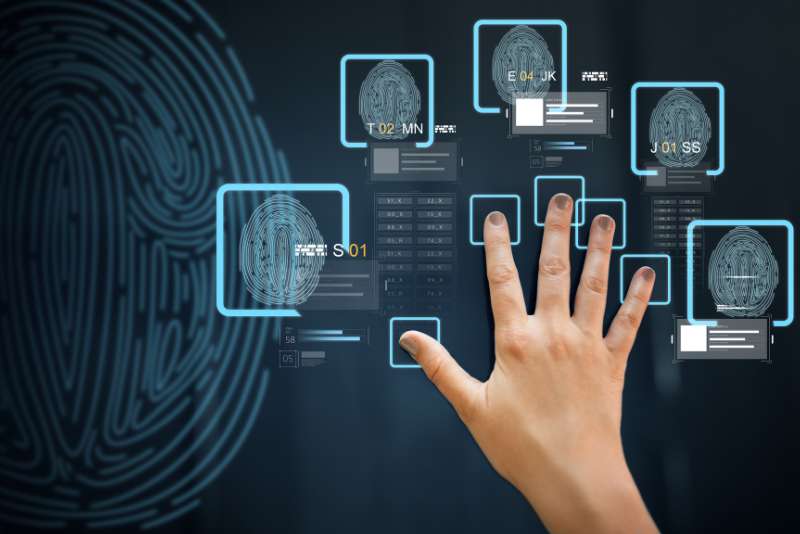
Gangtokian News Desk: A Columbia University senior is challenging the long-held belief that every fingerprint is unique by leveraging artificial intelligence (AI). Gabe Guo, an engineering student, spearheaded a study that reveals potential similarities between different fingerprints belonging to the same person, debunking the widely accepted notion of fingerprint individuality.
Unraveling Conventional Wisdom
Guo’s interest in fingerprints was sparked during a casual conversation with a college professor before his freshman year. Now a senior, he collaborated with Hod Lipson at Columbia Engineering and Wenyao Xu at the University of Buffalo SUNY to conduct a groundbreaking study published in the journal Science Advances.
The research utilized a deep contrastive network, akin to facial recognition technology, to analyze a US government database comprising 60,000 fingerprint pairs. Some pairs belonged to different fingers of the same individual, while others were from distinct individuals.
The AI system identified significant similarities between fingerprints from different fingers of the same person, with an eventual 77% accuracy in determining matching prints. Researchers focused on angles and curvatures at the fingerprint center to unveil these unexpected parallels.
Broad Implications Beyond Forensics
Guo emphasized to CNN that the implications of the AI findings extend far beyond the realm of forensics. He highlighted the groundbreaking nature of the study, noting that humans had been examining fingerprints for centuries without recognizing these similarities until AI analysis brought them to light.
The potential applications of this research are diverse. Guo envisions a future where AI-assisted analysis could aid in solving cold cases, offering new leads by reevaluating fingerprints left at crime scenes.
While the AI system’s current accuracy may not be courtroom-ready, it holds promise for narrowing down leads in challenging cases, potentially helping to exonerate innocent individuals.
Also Read: What You Should Know About Artificial Intelligence in 2024: AI Trends
Not Without Controversy
Despite the groundbreaking nature of the study, it has faced skepticism within the forensics community. Guo revealed that the project initially encountered resistance in getting published, as some experts were hesitant to question the established belief in the uniqueness of fingerprints.
Critics argue that the study does not present entirely new information. Christophe Champod, a professor of forensic science, stated that the correlation between fingerprints belonging to the same person has been recognized since the inception of fingerprinting.
Dr. Sarah Fieldhouse, an associate professor of forensic science, expressed doubt about the immediate impact of the study on criminal casework. Guo countered these criticisms by asserting that their research delves deeper than previous studies in the field, marking a significant step forward.
The team has further demonstrated their commitment to transparency and collaboration by open-sourcing the AI code, making it accessible to the public and fellow experts. Guo envisions this study as the first in a sequence, anticipating more revelations through AI applications that uncover hidden truths in plain sight.
In challenging a fundamental belief, this research not only redefines the understanding of fingerprints but also underscores the transformative potential of AI in uncovering nuances overlooked by human observation.
Gangtokian Web Team, 14/01/2023
















































